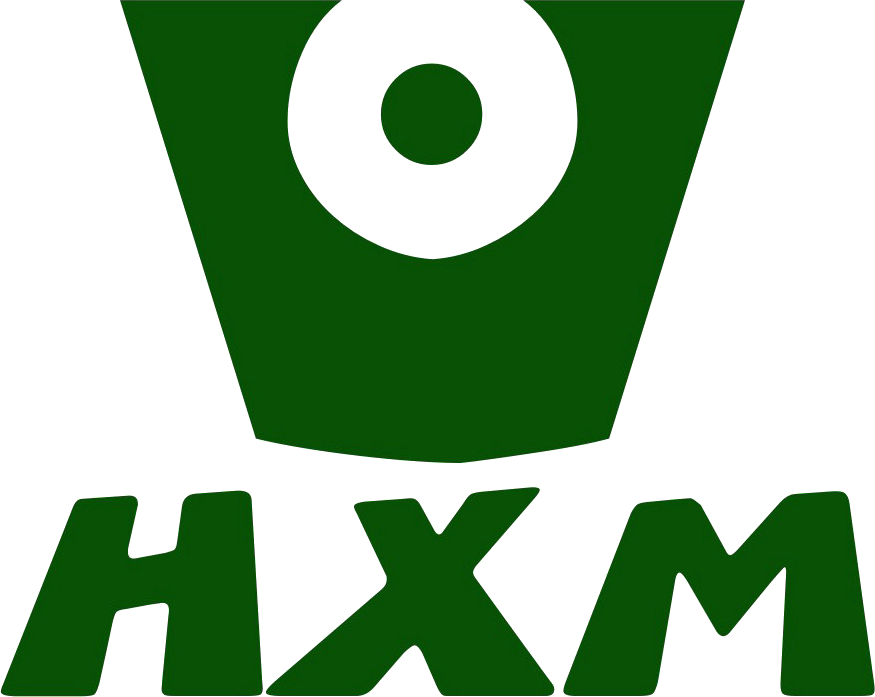The WTO ruling is difficult to shake Indonesia’s nickel strategy, and tens of billions of dollars have poured into the nickel refining industry for investment
Based on the news on November 25, 2022, the World Trade Organization (WTO) Dispute Settlement Body Group recently made a decision on Indonesia’s policy of banning the export of primary nickel-Indonesia’s ban on the export of primary nickel since January 2020 violates the WTO rule. Tens of billions of dollars of foreign investment have poured into Indonesia’s nickel refining industry over the past three years.
The number of domestic nickel processing plants in Indonesia has more than doubled from 10 in 2014 to 21 in 2022, according to Indonesia’s Ministry of Energy and Mineral Resources.
A dozen more refineries are under construction, mainly on the islands of Sulawesi and Hal Mahera.
The export ban also sent revenue from refined nickel exports soaring from $1 billion in 2014 to nearly $21 billion last year.
The nickel industry is rapidly expanding due to growing international demand for electric vehicles (EVs) as part of the global movement to reduce fossil fuel consumption.
As nickel provides 60% of the material used in car batteries, global demand for refined nickel (formerly mainly used in the steel industry) will grow exponentially due to its key role in the energy transition.
Therefore, as the world’s largest nickel producer and country with the largest nickel reserves, it is commercially and environmentally feasible for Indonesia to develop production capacity along the electric vehicle supply chain.
The nickel strategy has become part of the country’s aim to build an integrated electric vehicle supply chain, from mining and processing to battery production and eventually electric vehicle manufacturing.
If Indonesia loses its right of appeal, the worst-case scenario would require the government to revoke the ban on raw nickel exports. But even if this ban is lifted, nickel mining companies will not automatically export most of their nickel ore, as most of it is linked to domestic processing/smelting companies.
The Indonesian government can also block exports through WTO-compatible measures (taxes on primary nickel exports) to ensure adequate supplies of primary nickel for the processing industry.
Most importantly, though, the Indonesian government develops a renewable energy ecosystem to power nickel mining and processing and provide the infrastructure for tailings disposal, or environmentally conscious consumers will shy away from Indonesian-made car batteries or electric cars.
 :+86-13012867759
:+86-13012867759  :export86@sino-stainless-steel.com
:export86@sino-stainless-steel.com